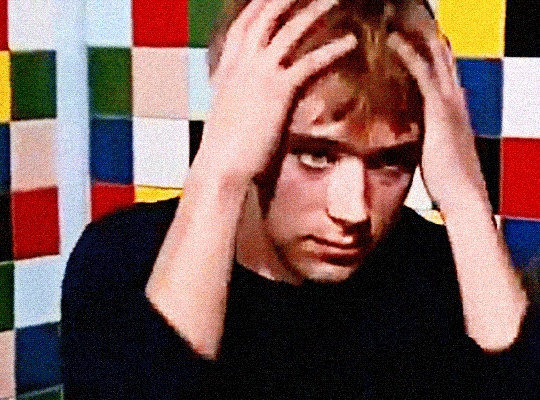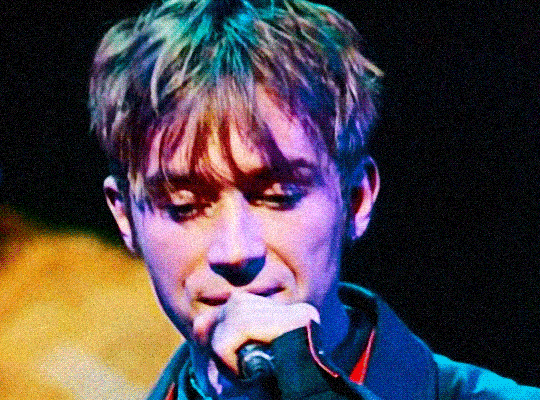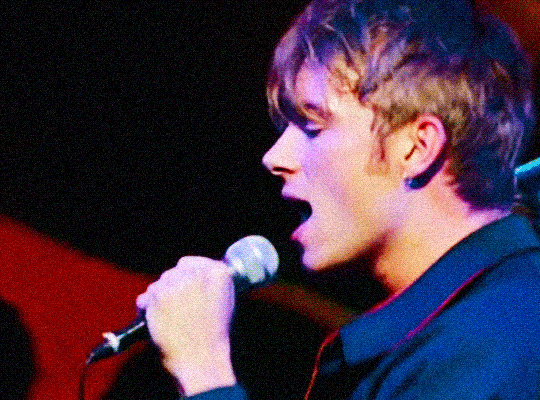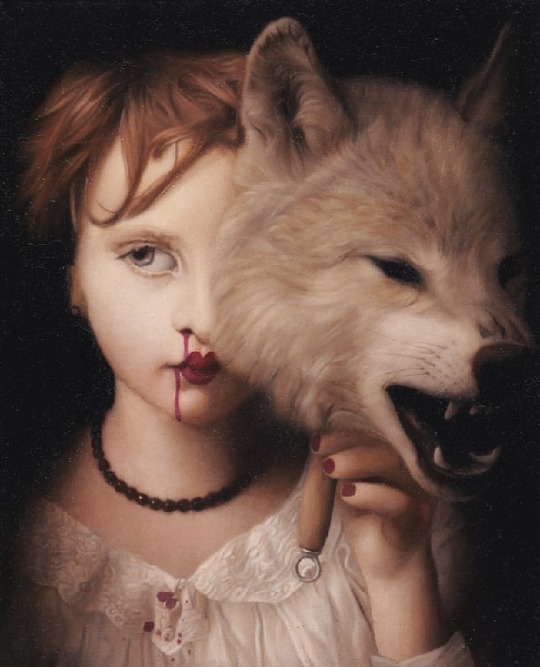Text
pros: it would most likely vastly improve my life in a multitude of ways
cons: might get scared
73K notes
·
View notes
Text





On this day in 1995: 23 January 📷 Mick Mercer
241 notes
·
View notes
Text

Two butches playing pool, from Sophia Wallace's "Girls will be Bois" series, 2002–2007.
4K notes
·
View notes
Text

12” x 12” Oil painting of Damon Albarn on course-grain gesso board.
Credit to photographer Martyn Goodacre for the original black & white reference image.
211 notes
·
View notes
Text
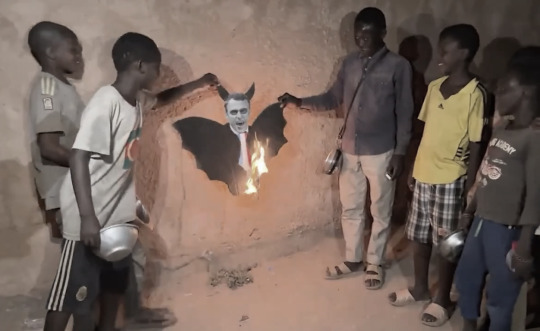
School students in Niamey, Niger burn a cardboard cut-out depicting French president Macron as a vampire.
7K notes
·
View notes
Text
sometimes i forget about this brilliant little back up blog
1 note
·
View note
Photo

‘Americans want grungy people, stabbing themselves in the head on-stage. They get a bright bunch like us, with deodorant on, they don’t get it.’ Liam Gallagher
119 notes
·
View notes







